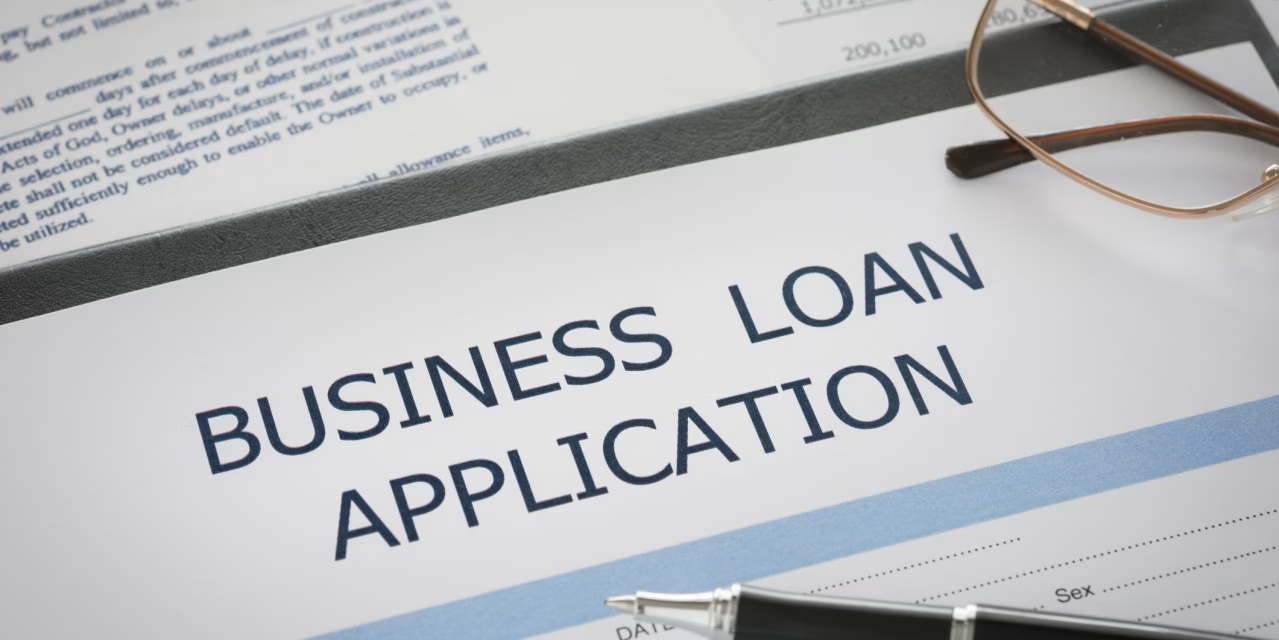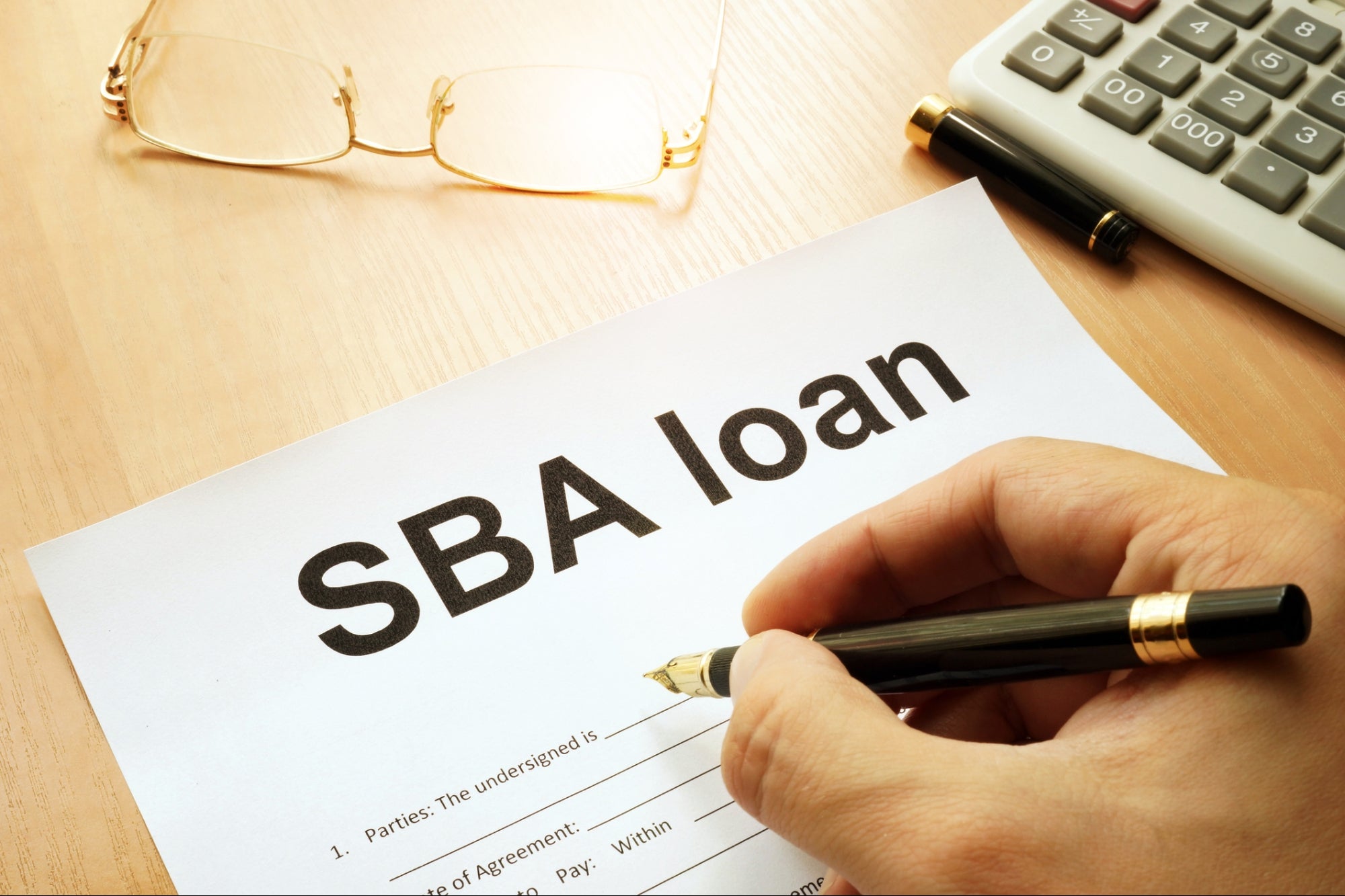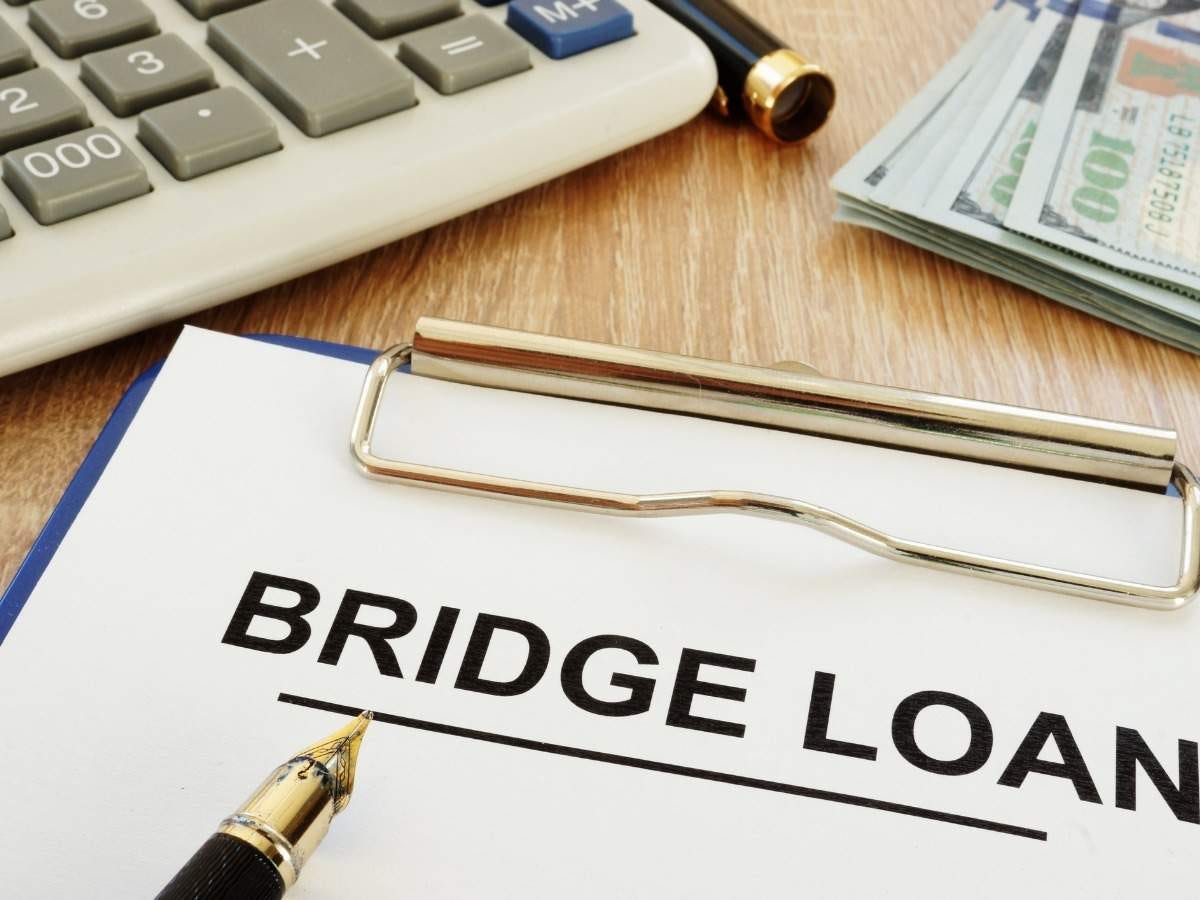Buying, refinancing, or developing commercial property is one of the biggest financial decisions a business can make. Whether you’re a small business owner looking to purchase office space, or an investor expanding your real estate portfolio, commercial real estate loans (CRE loans) provide the funding you need.
But here’s the catch: commercial real estate loans work very differently from residential mortgages. Lenders look at more than just your credit score—they consider the property type, loan-to-value ratio (LTV), debt service coverage ratio (DSCR), and your overall business financials.
In this article, we’ll explain what commercial real estate loans are, how to qualify, what lenders look for, average rates in 2025, and tips to get approved quickly.
What Is a Commercial Real Estate Loan?
A commercial real estate loan (CRE loan) is financing used to purchase, refinance, or renovate property for business use. Unlike residential mortgages, these loans are designed for income-generating properties.
Examples of properties financed with CRE loans include:
- Office buildings
- Retail spaces
- Warehouses and industrial facilities
- Multifamily apartment complexes (5+ units)
- Hotels and hospitality centers
CRE loans are usually offered by banks, credit unions, private lenders, or specialized financial firms like Chasewood Financial.
Types of Commercial Real Estate Loans
There are several loan types depending on your business goals:
- Traditional Commercial Mortgage – Fixed or variable rates, usually from banks.
- SBA 7(a) and SBA 504 Loans – Government-backed loans ideal for small businesses.
- Bridge Loans – Short-term loans used until long-term financing is secured.
- Hard Money Loans – Private lenders offering quick approvals but higher rates.
- Commercial Construction Loans – Designed for building new properties or major renovations.
How to Qualify for a Commercial Real Estate Loan
Lenders are risk-conscious when it comes to CRE financing. Here’s what they typically evaluate:
- Credit Score
While personal credit is considered, business credit history carries more weight. Most lenders look for scores above 660.
- Loan-to-Value Ratio (LTV)
The LTV compares the loan amount to the property’s appraised value.
- Most lenders require 65–80% LTV for approval.
- Example: If a property is worth $1,000,000, expect a maximum loan of $650,000–$800,000.
- Debt Service Coverage Ratio (DSCR)
This measures the property’s ability to generate enough income to cover loan payments.
- Most lenders want a DSCR of 1.25 or higher.
- Business Financials
Tax returns, income statements, and balance sheets are reviewed to prove repayment ability.
- Property Type
Different properties have different levels of risk. For example, a stabilized apartment complex may be less risky than a hotel.
Tips to Get Approved Fast for a Commercial Real Estate Loan
- Prepare Your Documents Early – Have financial statements, tax returns, and property details ready.
- Improve Your Credit Profile – Pay down debt and resolve credit issues before applying.
- Offer a Larger Down Payment – Lower LTV improves approval chances.
- Work with a Specialized Lender – Alternative lenders like Chasewood Financial can move faster than traditional banks.
- Have a Clear Business Plan – Show how the property will generate revenue or improve operations.
Average Commercial Real Estate Loan Rates in 2025
Commercial loan rates fluctuate based on the market, lender type, and property risk. As of 2025:
- SBA 504 Loans: ~6.0% – 7.25%
- Traditional Bank CRE Loans: ~7.5% – 9.0%
- Bridge/Hard Money Loans: 9.5% – 12%+
Note: Rates vary depending on credit, loan size, and term length.
Commercial Real Estate Loan Example
Imagine you’re purchasing a $2 million office building.
- The lender requires 25% down ($500,000).
- Loan amount = $1.5 million.
- If the property generates $200,000 annual net operating income, and annual loan payments are $150,000, your DSCR = 1.33, which meets lender requirements.
FAQs About Commercial Real Estate Loans
Q1: How long are commercial real estate loan terms?
Typically 5–20 years, with amortization periods up to 25 years.
Q2: Can a startup business qualify for a CRE loan?
Yes, but it’s harder. Startups often need SBA loans or additional collateral.
Q3: Is a down payment always required?
Yes, usually 20–35%, depending on the loan type and lender.
How to Get a Commercial Real Estate Loan with Chasewood Financial
At Chasewood Financial, we specialize in helping businesses secure fast, flexible commercial real estate financing. Whether you’re buying, refinancing, or developing, our experts can guide you through the process.
- Quick approvals
- Competitive commercial loan rates
- Customized financing solutions nationwide
Ready to secure your commercial property financing? [Contact Chasewood Financial today] and speak with a loan specialist.







